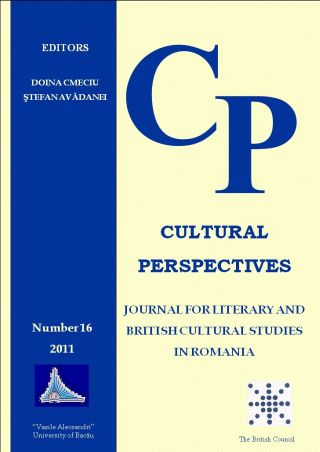Ian McEwan’s Amsterdam – or From the Art(s) of Reality to the Reality of (the) Art(s)
Ian McEwan’s Amsterdam – or From the Art(s) of Reality to the Reality of (the) Art(s)
Author(s): Andreia Irina SuciuSubject(s): Literary Texts
Published by: Editura Alma Mater
Keywords: English contemporary reality/ values; art(s); irony
Summary/Abstract: Ian McEwan’s Amsterdam (1998) introduces the reader in the pragmatic temporal, spatial and professional reorientation specific to the end of the twentieth century. Temporally, people feel the pressure of the coming millennium and they feel compelled to mark its arrival in a special manner (politically, artistically or in any other way); spatially, they take advantage of the freedom to move with ease on the map of the contemporary global geography and enjoy the (cultural, touristic or political) benefits of one country or another, and professionally, they adapt to the pragmatic requirements of the chiliastic times. Our paper analyzes the manner in which the main characters in Amsterdam, a music composer and a journalist, cope with these three dimensions giving shape to a state-of-the-nation novel; on the other hand, it intends to rediscover McEwan’s talent in (re)presenting not only the art of reality but also in introducing in the novel, in a very subtle manner, all the arts as natural parts of our lives in an attempt to retrieve their lost status in our economic-driven, consumerist society.
Journal: Cultural Perspectives - Journal for Literary and British Cultural Studies in Romania
- Issue Year: 2011
- Issue No: 16
- Page Range: 100-114
- Page Count: 15
- Language: English
- Content File-PDF

